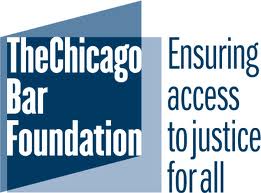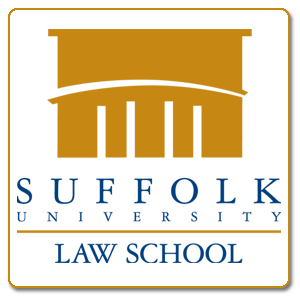As you study for the bar, work your way through your first or second legal job, or complete your first internship, you may feel like anything but a charismatic leader. Jeff Ogden of Inc. writes about 10 habits of charismatic people; developing these habits is something to think about at any point in your career.
Here are the 10 habits of remarkably charismatic people:
1. They listen way more than they talk.
Ask questions. Maintain eye contact. Smile. Frown. Nod. Respond–not so much verbally, but nonverbally.
That’s all it takes to show the other person they’re important.
Then when you do speak, don’t offer advice unless you’re asked. Listening shows you care a lot more than offering advice, because when you offer advice in most cases you make the conversation about you, not them.
Don’t believe me? Who is “Here’s what I would do…” about: you or the other person?
Only speak when you have something important to say–and always define important as what matters to the other person, not to you.
2. They don’t practice selective hearing.
Some people–I guarantee you know people like this–are incapable of hearing anything said by the people they feel are somehow beneath them.
Sure, you speak to them, but that particular falling tree doesn’t make a sound in the forest, because there’s no one actually listening.
Remarkably charismatic people listen closely to everyone, and they make all of us, regardless of our position or social status or “level,” feel like we have something in common with them.
Because we do: We’re all people.
3. They put their stuff away.
Don’t check your phone. Don’t glance at your monitor. Don’t focus on anything else, even for a moment.
You can never connect with others if you’re busy connecting with your stuff, too.
Give the gift of your full attention. That’s a gift few people give. That gift alone will make others want to be around you and remember you.
4. They give before they receive–and often they never receive.
Never think about what you can get. Focus on what you can provide. Giving is the only way to establish a real connection and relationship.
Focus, even in part and even for a moment, on what you can get out of the other person, and you show that the only person who really matters is you.
5. They don’t act self-important…
The only people who are impressed by your stuffy, pretentious, self-important self are other stuffy, pretentious, self-important people.
The rest of us aren’t impressed. We’re irritated, put off, and uncomfortable.
And we hate when you walk in the room.
6. …Because they realize other people are more important.
You already know what you know. You know your opinions. You know your perspectives and points of view.
That stuff isn’t important, because it’s already yours. You can’t learn anything from yourself.
But you don’t know what other people know, and everyone, no matter who they are, knows things you don’t know.
That makes them a lot more important than you–because they’re people you can learn from.
7. They shine the spotlight on others.
No one receives enough praise. No one. Tell people what they did well.
Wait, you say you don’t know what they did well?
Shame on you–it’s your job to know. It’s your job to find out ahead of time.
Not only will people appreciate your praise, they’ll appreciate the fact you care enough to pay attention to what they’re doing.
Then they’ll feel a little more accomplished and a lot more important.
8. They choose their words.
The words you use impact the attitude of others.
For example, you don’t have to go to a meeting; you get to go meet with other people. You don’t have to create a presentation for a new client; you get to share cool stuff with other people. You don’t have to go to the gym; you get to work out and improve your health and fitness.
You don’t have to interview job candidates; you get to select a great person to join your team.
We all want to associate with happy, enthusiastic, fulfilled people. The words you choose can help other people feel better about themselves–and make you feel better about yourself, too.
9. They don’t discuss the failings of others…
Granted, we all like hearing a little gossip. We all like hearing a little dirt.
The problem is, we don’t necessarily like–and we definitely don’t respect–the people who dish that dirt.
Don’t laugh at other people. When you do, the people around you wonder if you sometimes laugh at them.
10. …But they readily admit their failings.
Incredibly successful people are often assumed to have charisma simply because they’re successful. Their success seems to create a halo effect, almost like a glow.
Keyword is seem.
You don’t have to be incredibly successful to be remarkably charismatic. Scratch the shiny surface, and many successful people have all the charisma of a rock.
But you do have to be incredibly genuine to be remarkably charismatic.
Be humble. Share your screwups. Admit your mistakes. Be the cautionary tale. And laugh at yourself.
While you should never laugh at other people, you should always laugh at yourself.
People won’t laugh at you. People will laugh laugh with you.
They’ll like you better for it–and they’ll want to be around you a lot more.
![]() This is a 3-year Foreclosure Fellowship position at the Central Regional Office of Land of Lincoln Legal Assistance Foundation.
This is a 3-year Foreclosure Fellowship position at the Central Regional Office of Land of Lincoln Legal Assistance Foundation.





